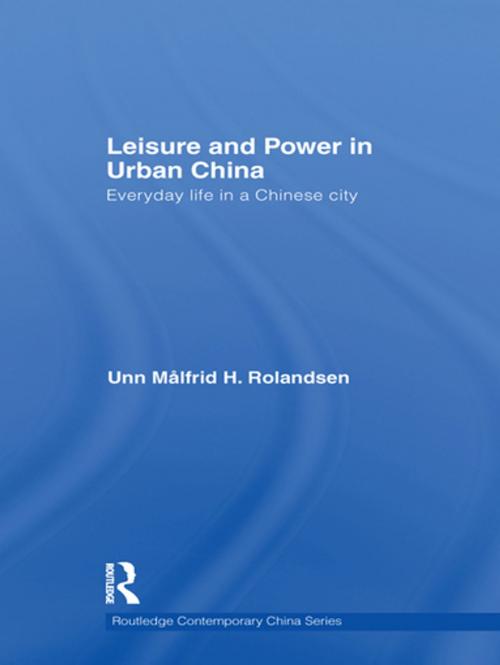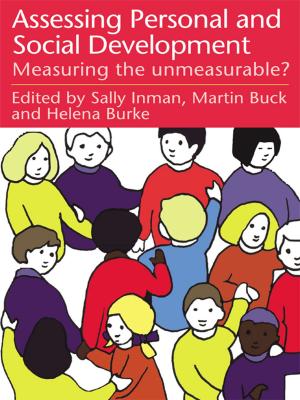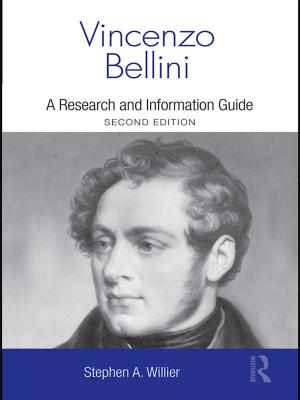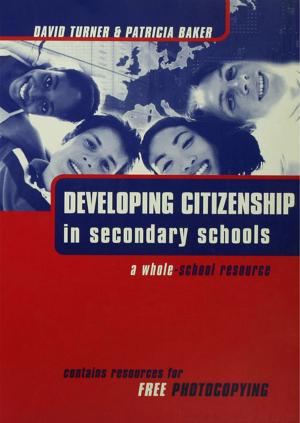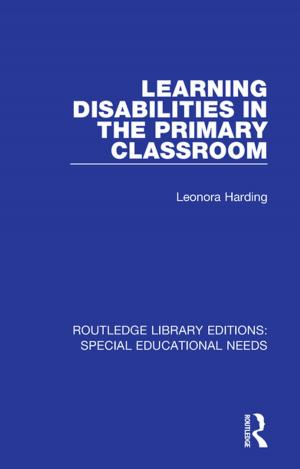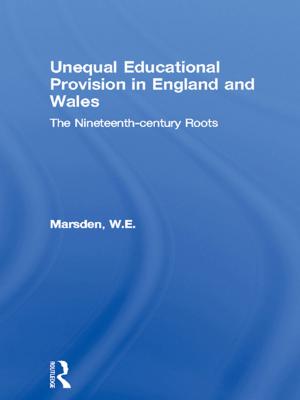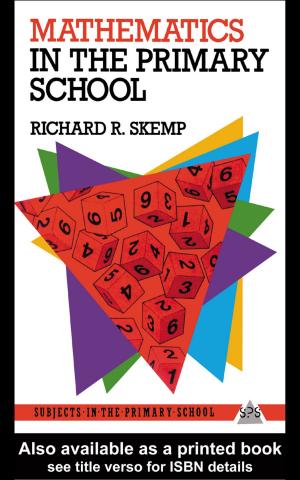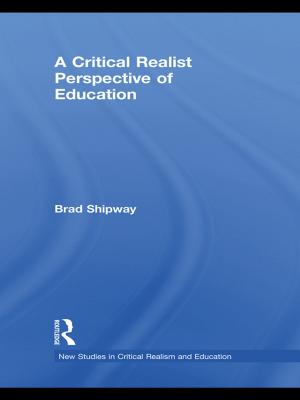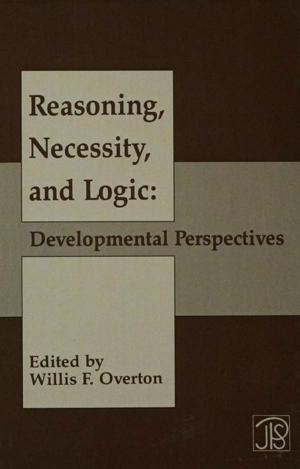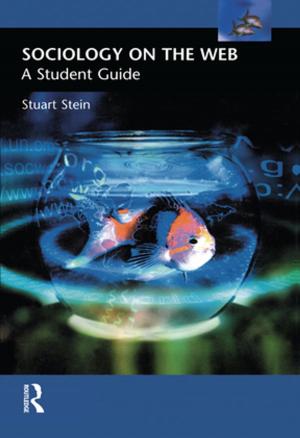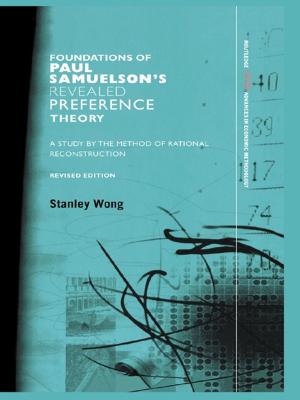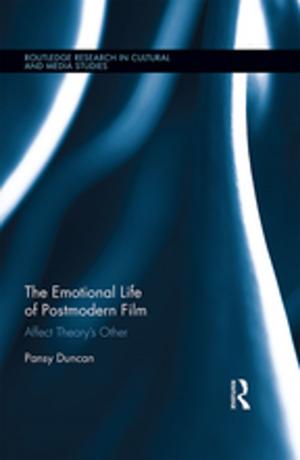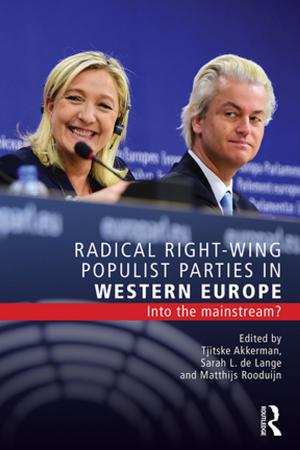Leisure and Power in Urban China
Everyday life in a Chinese city
Nonfiction, History, Asian, China, Social & Cultural Studies, Social Science, Cultural Studies, Ethnic Studies, Popular Culture| Author: | Unn Målfrid Rolandsen | ISBN: | 9781136738500 |
| Publisher: | Taylor and Francis | Publication: | March 31, 2011 |
| Imprint: | Routledge | Language: | English |
| Author: | Unn Målfrid Rolandsen |
| ISBN: | 9781136738500 |
| Publisher: | Taylor and Francis |
| Publication: | March 31, 2011 |
| Imprint: | Routledge |
| Language: | English |
Leisure and Power in Urban China is the first comprehensive study of leisure activities in a medium size Chinese city. Hitherto, studies of Chinese leisure have focused on holidays, festivals and tourism. This, however, is a study of the kinds of leisure that take place on regular workdays in a local environment of Quanzhou city. In doing so, Leisure and Power introduces leisure studies to China studies, and data from China to the field of Leisure studies.
Based on interviews with people from all walks of life and case studies from bookshops, internet bars, Karaoke parlours, streets and public squares, Rolandsen brings to attention the importance of fun and socializing in the lives of Chinese urbanites. Central to the study is the contrast between popular practices and official discourse. Rolandsen provides in-depth analyses of the moralist "PRC leisure ethic" so characteristic of official Chinese publications and news media. Using examples from everyday life as a contrast, this study demonstrates that official propaganda has but little influence on how Chinese individuals lead their lives. Taking leisure as a point of departure, this book describes the new kinds of interaction between the local party-state and the population it seeks to govern.
This book will be of interest to students and scholars of Chinese Studies, Leisure Studies, Urban Studies and Asian Studies in general.
Leisure and Power in Urban China is the first comprehensive study of leisure activities in a medium size Chinese city. Hitherto, studies of Chinese leisure have focused on holidays, festivals and tourism. This, however, is a study of the kinds of leisure that take place on regular workdays in a local environment of Quanzhou city. In doing so, Leisure and Power introduces leisure studies to China studies, and data from China to the field of Leisure studies.
Based on interviews with people from all walks of life and case studies from bookshops, internet bars, Karaoke parlours, streets and public squares, Rolandsen brings to attention the importance of fun and socializing in the lives of Chinese urbanites. Central to the study is the contrast between popular practices and official discourse. Rolandsen provides in-depth analyses of the moralist "PRC leisure ethic" so characteristic of official Chinese publications and news media. Using examples from everyday life as a contrast, this study demonstrates that official propaganda has but little influence on how Chinese individuals lead their lives. Taking leisure as a point of departure, this book describes the new kinds of interaction between the local party-state and the population it seeks to govern.
This book will be of interest to students and scholars of Chinese Studies, Leisure Studies, Urban Studies and Asian Studies in general.
